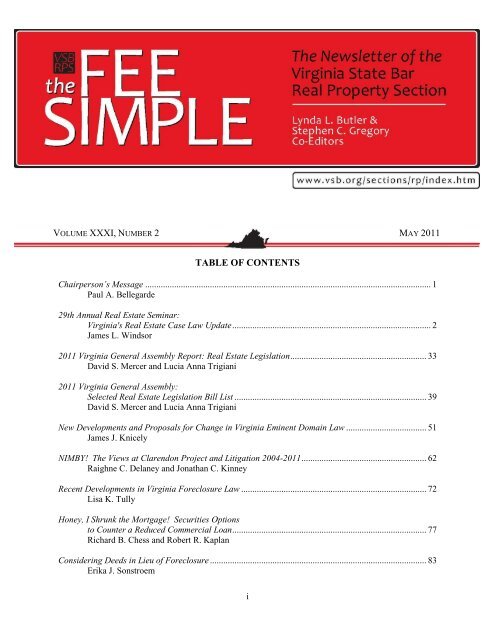
The death penalty could also be imposed for watering the beer! Increased travel and trade made some form of overnight accommodations an absolute necessity.

The penalty for not doing so was death, making tavern-keeping a hazardous occupation.
#Grandfather clause law for hud housing code
The Code required owners to report guests Greece and Rome Mention of hospitality-in the form of taverns-is found in writings dating back to ancient Greece and Rome, beginning with the Code of Hammurabi (circa 1700 b.c.e.). Between 4,000 and 2,000 b.c.e., early civilizations in Europe, China, Egypt, and India all had some elements of hospitality offerings, such as taverns and inns along the roadside. More time became available for other activities such as writing, inventing money, creating pottery, making tools, and producing beer, which was probably safer to drink than water! Taverns served several beers, and as with today, provided a place for locals to relax and enjoy each other’s company. They moved from being hunter-gatherers to growing crops, which, due to surpluses, they were able to trade. The Sumerians (who lived in what is now Iraq) were the first to record elements of hospitality in about 4,500 years b.c.e. Every Fall, the wines from these vineyards-about a hundred acres of vines-are sold at a colorful wine auction on the third Thursday in November, which determines the prices for the next year’s Burgundy wines. Throughout the centuries, several Burgundian landowners have donated vineyards to the Hospice to help pay for maintaining its costs. The hospital is still functioning, partly because of its role in the wine world. It was founded as a charity hospital in 1443 by Nicolas Rolin, the Chancellor of Burgundy, as a refuge for the poor. The word hospitality comes from hospice, an old French word meaning “to provide care/shelter for travelers.” The most famous hospice is the Hospice de Beaune in the Burgundy region of France, also called the Hotel Dieu or the House of God. Its development from the ancient custom of breaking bread with a passing stranger to the operations of today’s multifaceted hospitality conglomerates makes fascinating reading, and interesting comparisons can be made with today’s hospitality management. Prelude Hospitality through the Ages1 The concept of hospitality is as old as civilization itself. Discuss why service has become such an important facet of the hospitality industry.Describe the characteristics of the hospitality industry.Introducing Hospitality Objectives After reading and studying this chapter, you should be able to: Copyright © 2013 by Pearson Education, Inc. Walkerįrom Chapter 1 of Introduction to Hospitality Management, Fourth Edition.

Meetings, Conventions, and Expositions John R.

Recreation, Attractions, and Clubs John R. The use of any trademark in this text does not vest in the author or publisher any trademark ownership rights in such trademarks, nor does the use of such trademarks imply any affiliation with or endorsement of this book by such owners.īritish Library Cataloguing-in-Publication Data A catalogue record for this book is available from the British Library Printed in the United States of Americaġ. All trademarks used herein are the property of their respective owners. No part of this publication may be reproduced, stored in a retrieval system, or transmitted in any form or by any means, electronic, mechanical, photocopying, recording or otherwise, without either the prior written permission of the publisher or a licence permitting restricted copying in the United Kingdom issued by the Copyright Licensing Agency Ltd, Saffron House, 6–10 Kirby Street, London EC1N 8TS. Pearson Education Limited Edinburgh Gate Harlow Essex CM20 2JE England and Associated Companies throughout the world Visit us on the World Wide Web at: © Pearson Education Limited 2014 All rights reserved. Introduction to Hospitality Management John R.


 0 kommentar(er)
0 kommentar(er)
